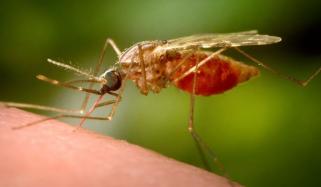
Experts have warned people regarding the injurious health effects of swelling chewing gum.
According to Mail Online, swelling chewing gum leaves people in a distressing health condition as it piles up in the digestive system and becomes a hard ‘stony mass', which is known as bezoar.
Besides chewing gum, ‘bezoar’ can also be caused by swallowing indigestible things like hair.
As per a case report published by Ecuadorian medics in which a beach ball-sized pile of hair was removed from the stomach of a 24-year-old woman.
Moreover, according to Dr. Dan Baumgardt, an expert in pharmacology and neuroscience, a similar case was reported in the UK’s Newcastle, where a cricket ball-sized mass of hair was removed from a seven-year-old girl's stomach.
Dr Baumgardt suggested, “Fruit and vegetable fibers, milk, medicines, and gums (such as swallowed chewing gum) can form an indigestible mass in the stomach, while the ingestion of inorganic materials such as paper, polystyrene, and plastics can also cause bezoars.”
The reports also revealed that young children and adults with learning disabilities are the most affected people in such cases.
For which Dr Baumgardt advised, “Avoid higher-risk foods such as persimmons, celery, pumpkin, prunes, and sunflower seed shells, and chew your food thoroughly before swallowing. Avoid swallowing indigestible nonfood items, including hair, and seek medical advice if you’re concerned about the condition pica.”








